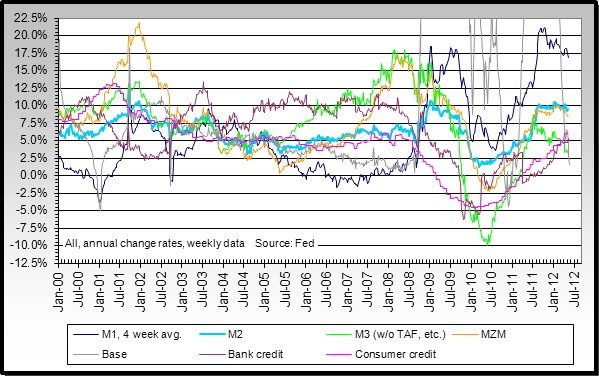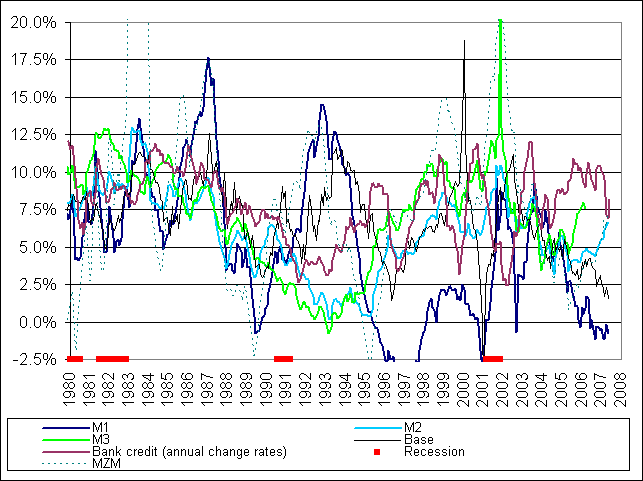Did we hit a Ka from the end of last may until the end of august (or maybe until the end of 06 just looking at commodities)?
And are we "pooming" right now as gold shoots higher?
Or have we yet to hit Ka.
I'm trying to get a feel for where gold is going in the short to mid-term. I've finally got the bonars to put towards some gold-based securities, and am trying to buy in on the dips. I'd prefer to buy when gold dips down to the 600 or below level... was wondering what you guys thought first about gold, and secondly, just having gone through a couple of months of disinflation/depreciating in the financial markets last year, if that was the Ka event, or a dry run/practice Ka event as I've seen EJ characterize it.
And are we "pooming" right now as gold shoots higher?
Or have we yet to hit Ka.
I'm trying to get a feel for where gold is going in the short to mid-term. I've finally got the bonars to put towards some gold-based securities, and am trying to buy in on the dips. I'd prefer to buy when gold dips down to the 600 or below level... was wondering what you guys thought first about gold, and secondly, just having gone through a couple of months of disinflation/depreciating in the financial markets last year, if that was the Ka event, or a dry run/practice Ka event as I've seen EJ characterize it.



Comment